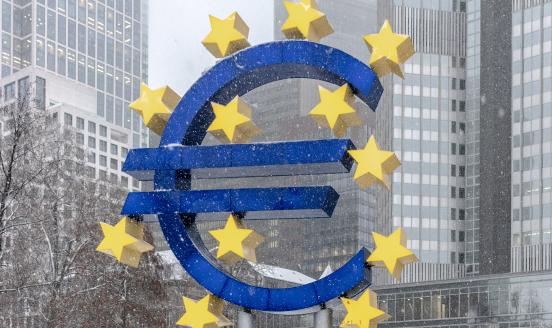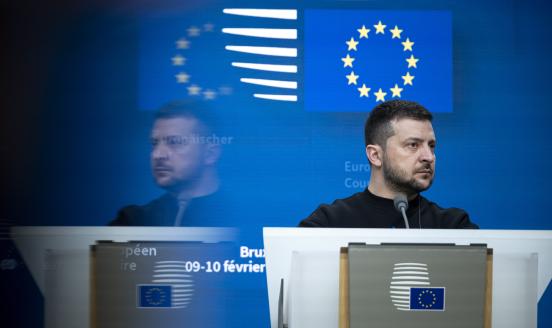Lessons from the crisis: Rewiring EMU economic policymaking
European Macroeconomics and Governance

By the end of 2014, seven years after the onset of the financial crisis, the euro area was still stuck at near-zero growth and too-low inflation Unemployment had declined only marginally from its 12% peak and some countries (such as Greece, Spain, France and Italy) continued to suffer from very high unemployment levels.
Against such a grim background, the ECB launched a new series of unconventional measures to stimulate growth, combat deflationary pressures and restore credit to the real economy. At the same time, European policymakers have begun to discuss relaxations of fiscal policy that could allow spending on growth-friendly measures .
The ECB's response may have been mild when compared to the US FED's successive rounds of quantitative easing, yet it still provoked criticism from some policymakers, economists and citizens. Likewise, any attempts to loosen austerity will be controversial, especially if applied to the most endebted member states.
RAstaNews, a Commission-funded FP7 research programme delivered by a consortium of 12 universities and think tanks, exists to investigate the impact of Europe's evolving economic governance framework on economic stability and risk management. This workshop will bring together experts from the worlds of policy, academia and business to discuss the potential risks and opportunities associated with quantitative easing, low bond yields, slow structural reforms and income inequality.
This is a closed-door off the-record-workshop for Bruegel members and invited participants only. No external registration is possible. You can see the full programme here _.



